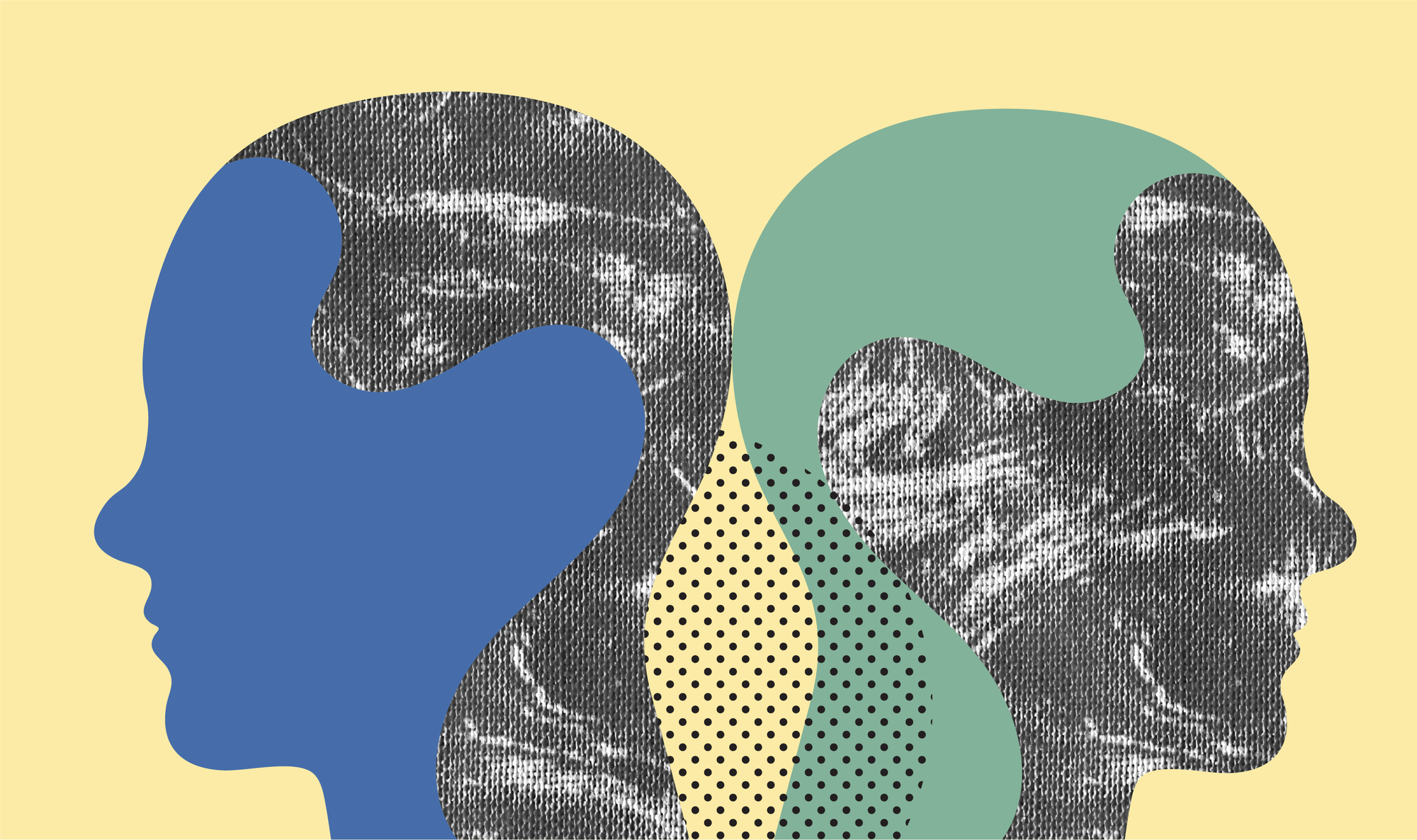
Study linking teen marijuana use to mental health conditions sparks concern
Plus, posts highlighted National Eating Disorders Awareness Week.
A reality television star’s cervical cancer diagnosis also prompted conversation about screening.
Full storyInfodemiology in action

Plus, posts highlighted National Eating Disorders Awareness Week.

Meanwhile, an actress’s report of being drugged at a party fueled discussion about drink tampering.
Our partners







The first U.S.-based trainings on infodemiology for public health professionals and health care providers.
Contextualizing trending narratives across the nation's most pressing health topics.
Real-time intelligence on health narratives trending nationally and regionally.
JMIR FEED
Featured trainings and resources